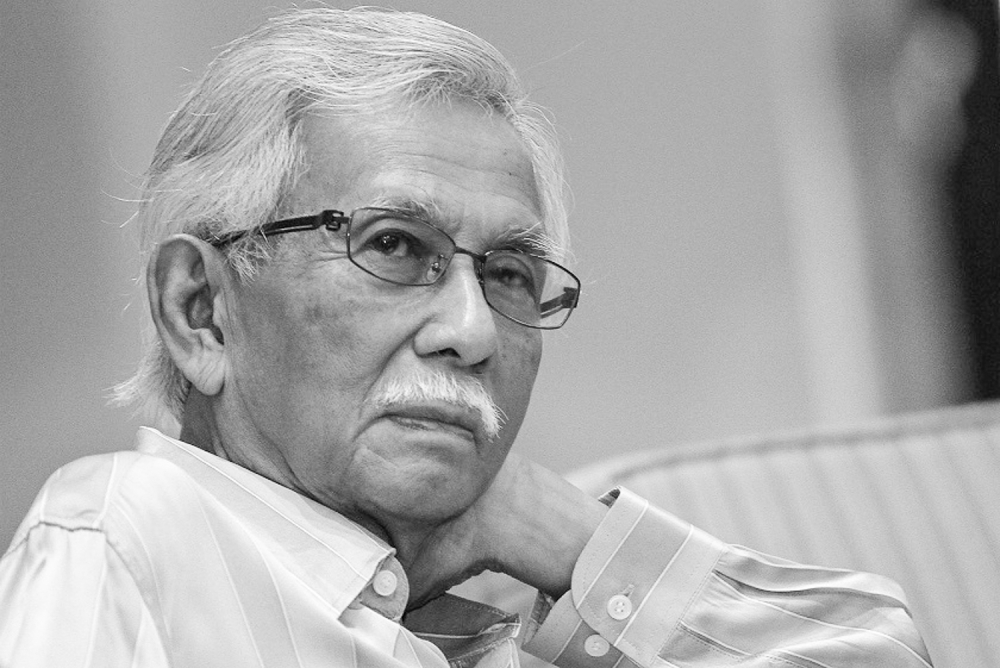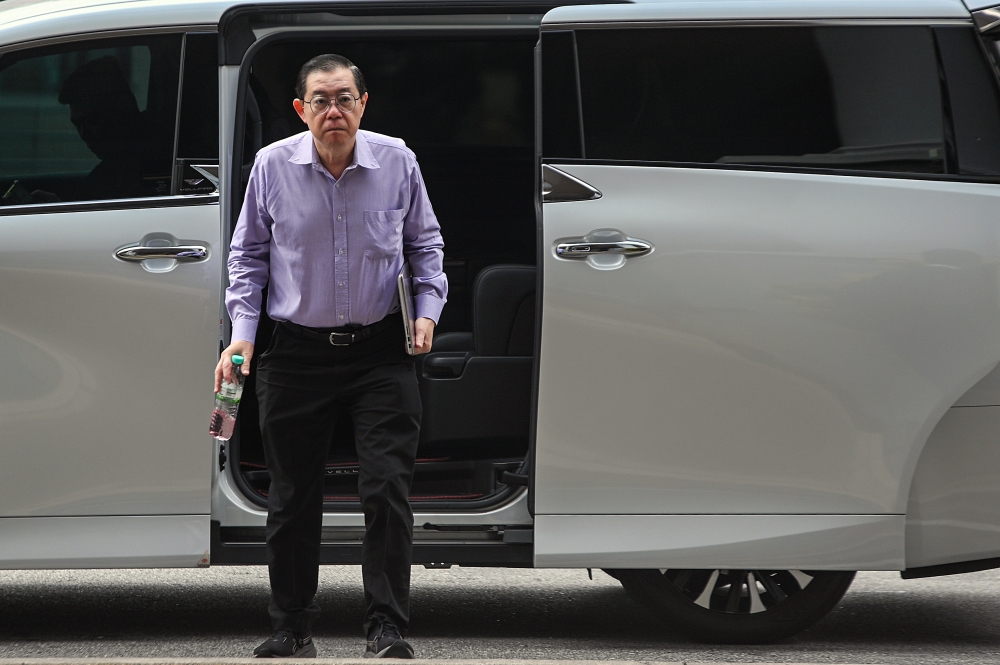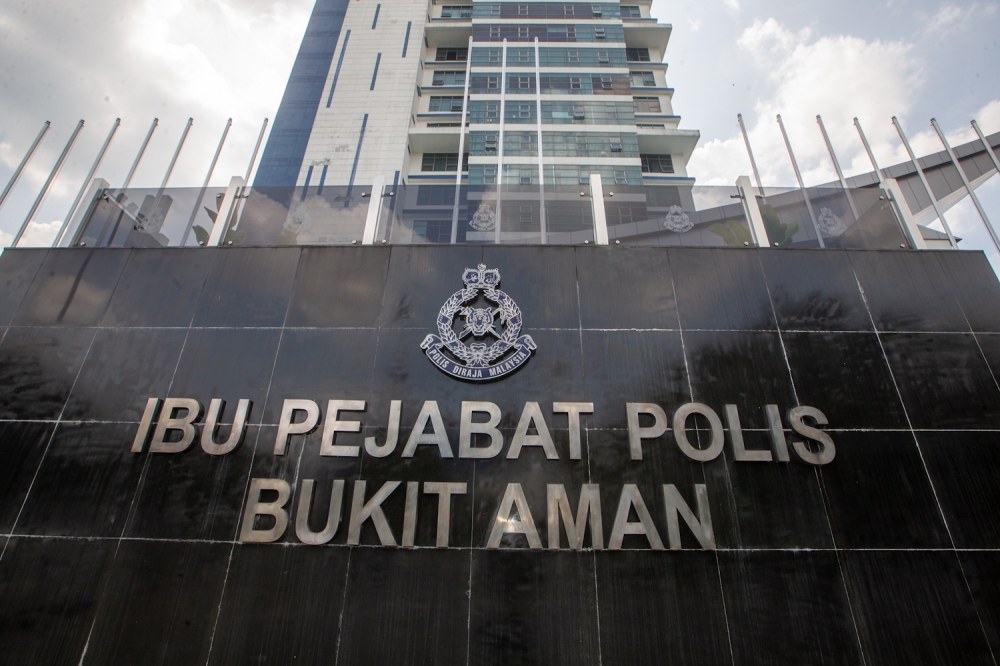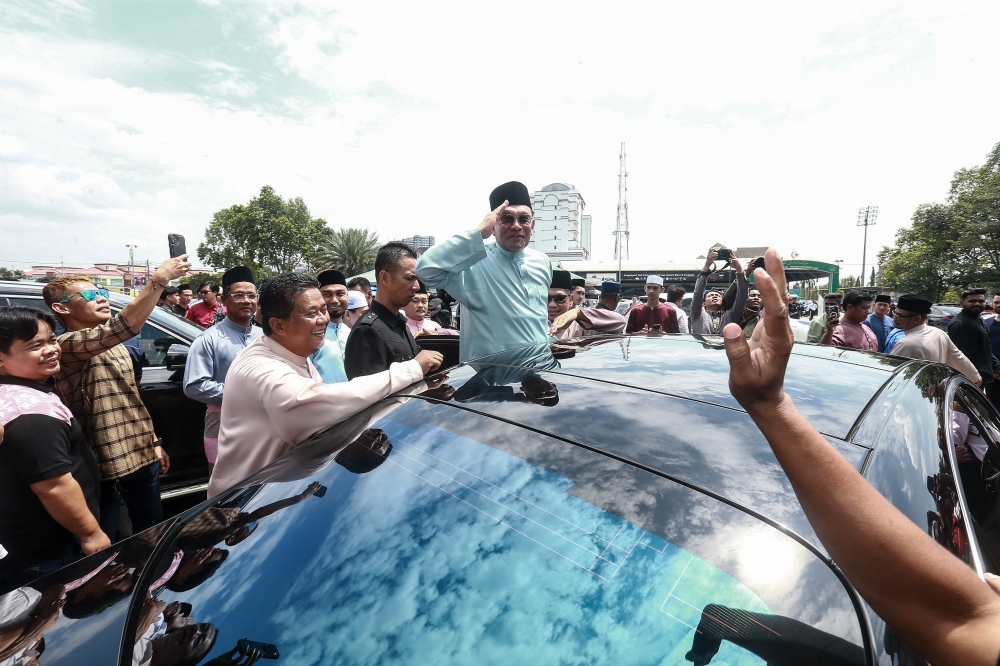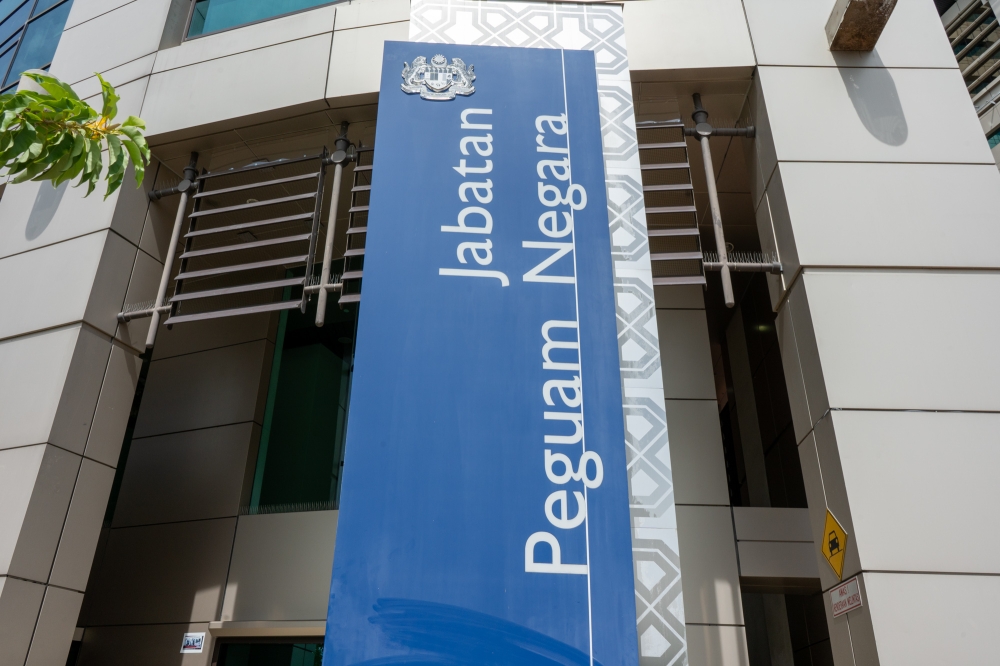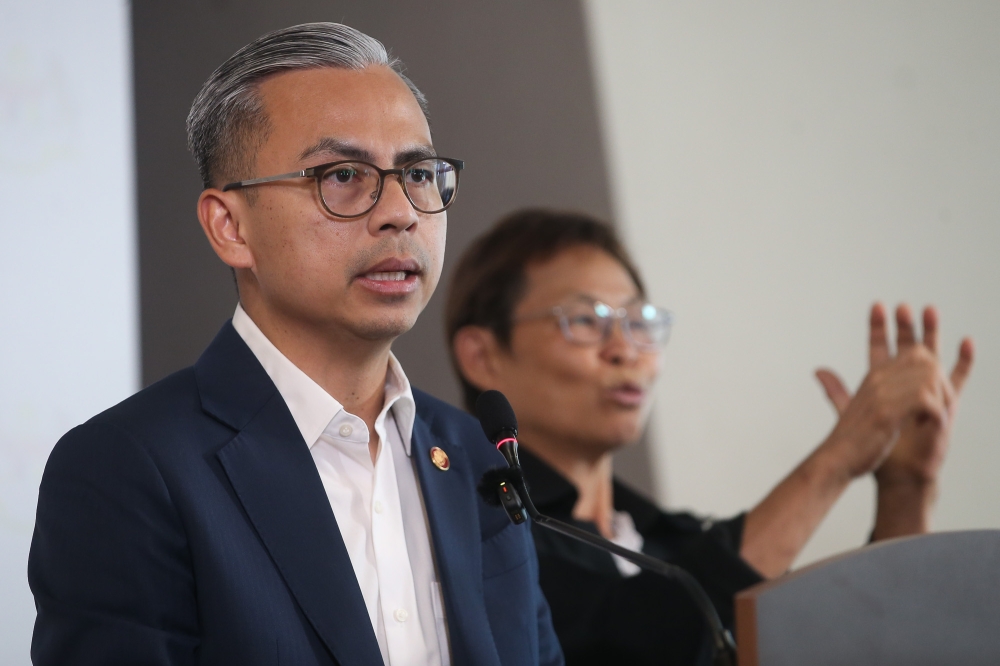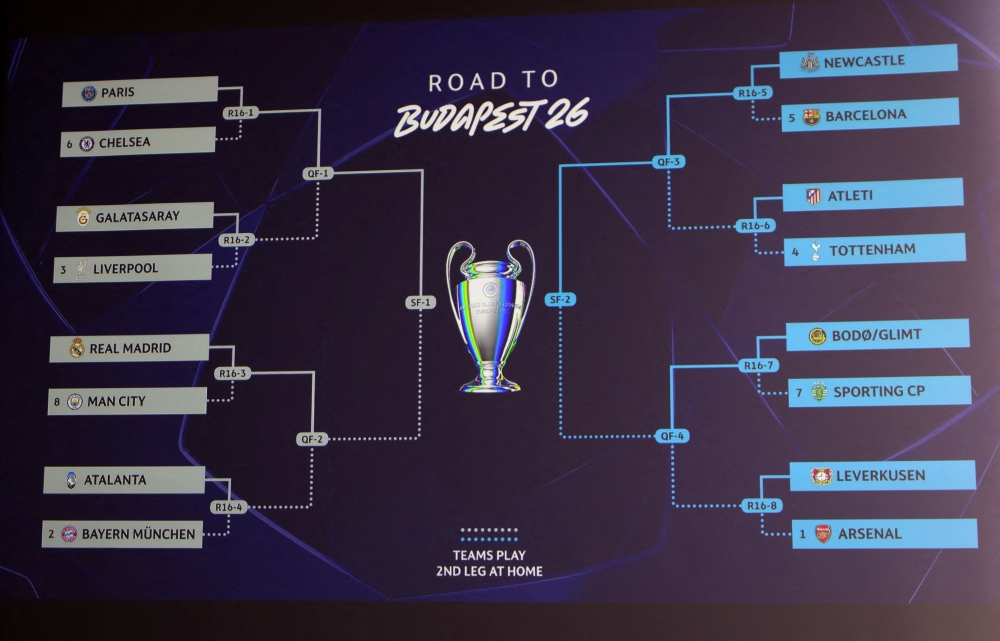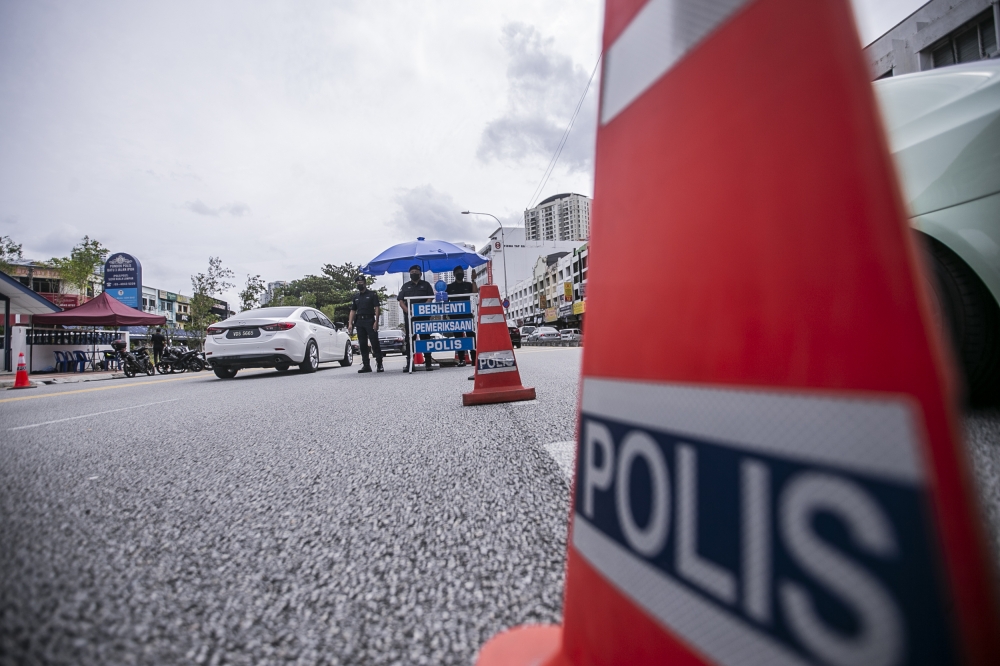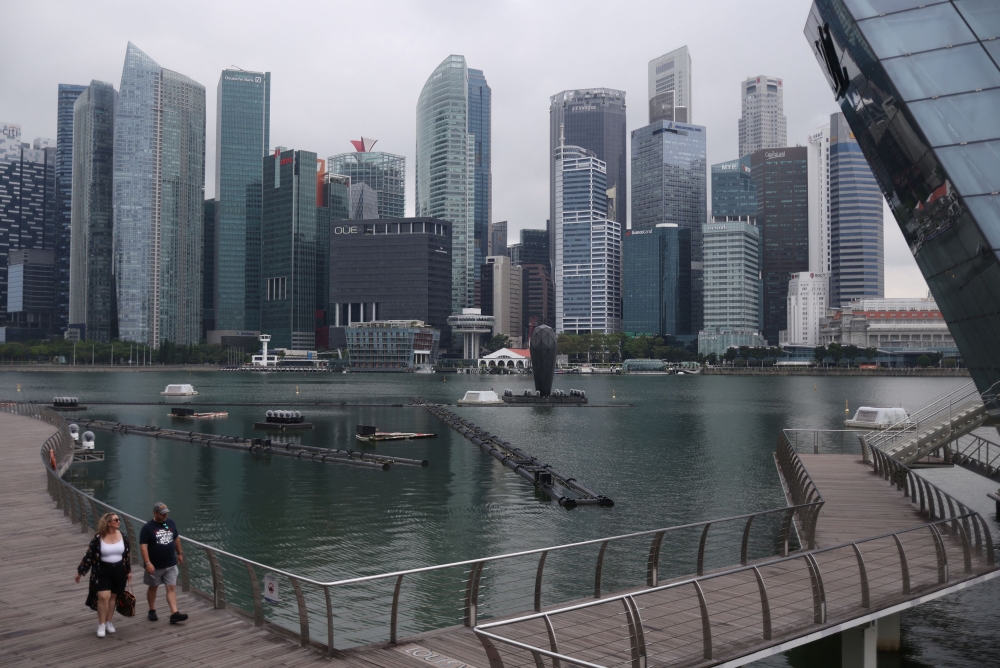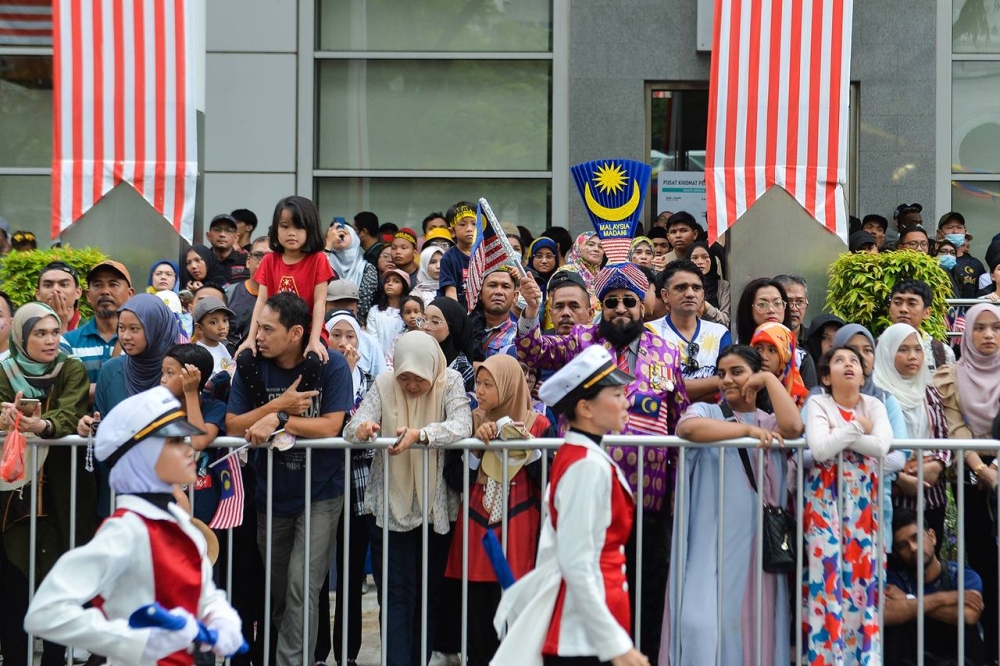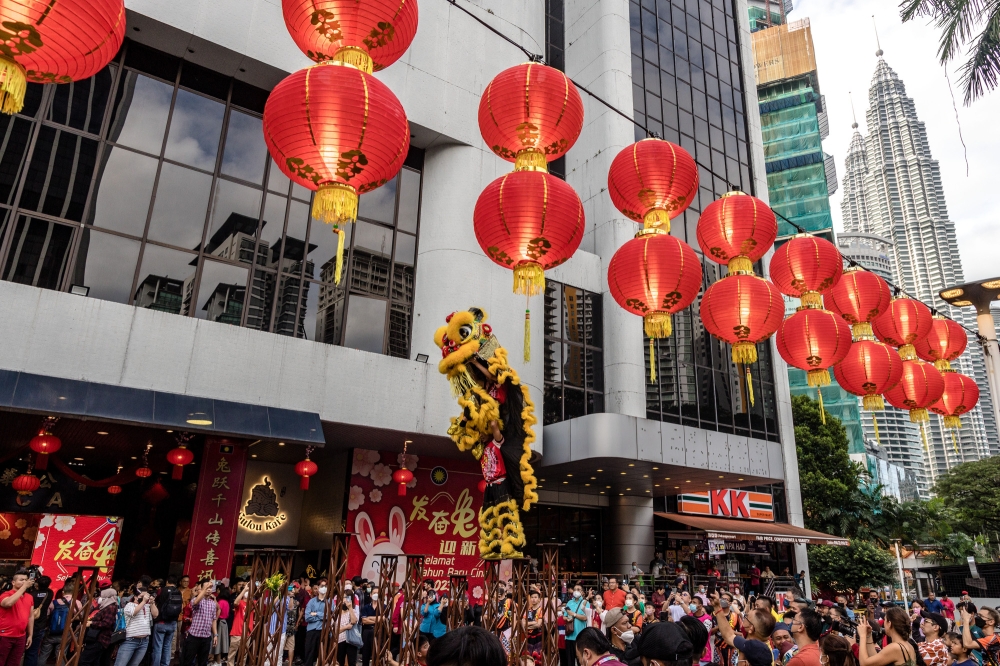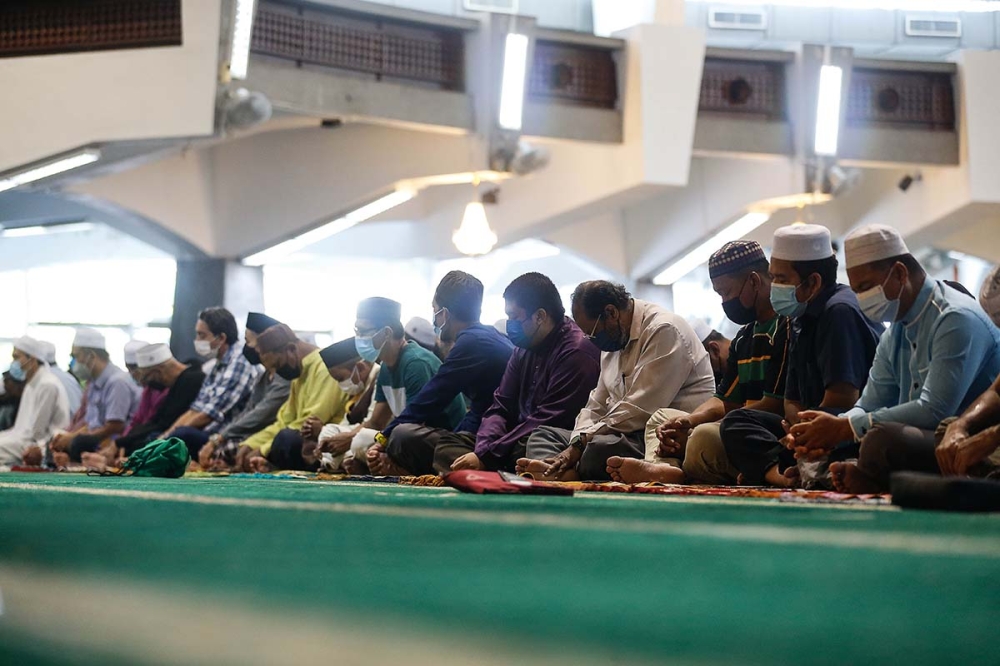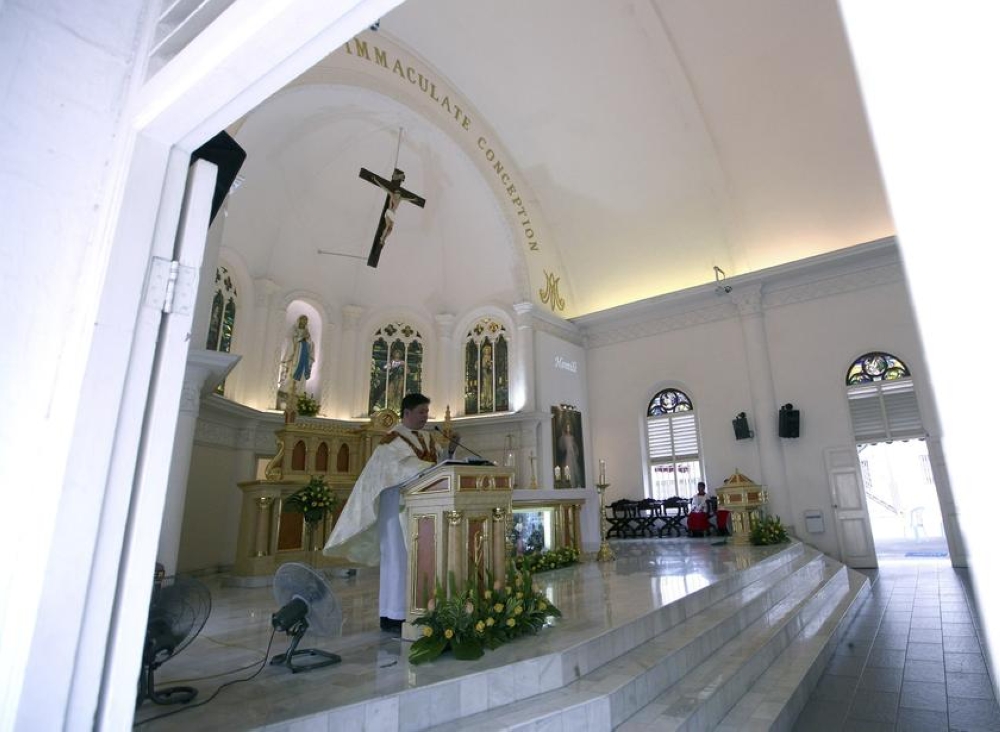KUALA LUMPUR, Sept 13 — What would you consider to be the most important elements to be a true Malaysian? Is it being polite or able to speak the country’s national language?
Here’s what the non-partisan pollster Pew Research Center’s latest survey found on what Malaysians consider to be important to share a national identity.
In Malaysia, the top attributes to be considered truly a Malaysian were respecting the country’s institutions and laws (at a whopping 90 per cent), followed by being polite and welcoming (88 per cent), and being able to speak the national language (83 per cent).
This was followed by 79 per cent who cited being willing to support Malaysia when others criticise the country, having been born in Malaysia at 75 per cent, while 69 per cent said being part of the major ethnic group is very important to being truly part of Malaysia.
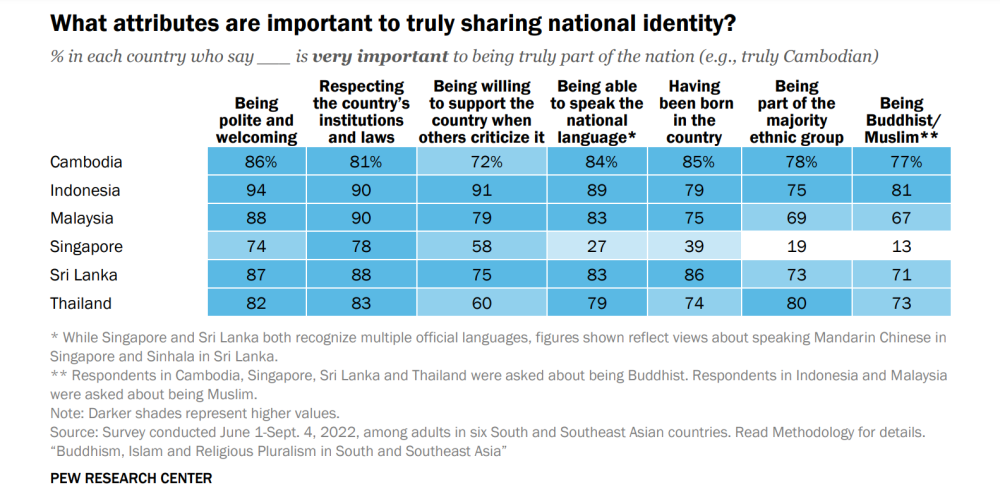
Malaysia and Indonesia were the two Muslim-majority countries surveyed for the Pew Research Center report released last night, which also polled three Buddhist-majority countries (Cambodia, Sri Lanka and Thailand) and Singapore where no religious group formed the majority.
In Malaysia and Indonesia, respondents were asked whether being a Muslim was important to truly share a national identity, with 67 per cent Malaysians and 81 per cent Indonesians saying yes.
“Followers of the majority religion in each country overwhelmingly say that membership in their religion is very important to truly being a part of their nation. For example, 79 per cent of Malaysian Muslims say that it is very important to be Muslim to be truly Malaysian; far fewer Malaysian Christians (32 per cent) place such importance on being Muslim to Malaysian identity,” the report said when looking at how responses may differ according to the religion held by the respondent.
The report found that there was an overwhelming majority of respondents in the countries surveyed who cite values associated with order and intergroup harmony (such as being polite and respecting their country’s laws) as being important to truly be a part of the nation.
Being able to speak the national language, being born locally, being part of the majority ethnicity group and being part of the main religious group were also shown to have strong majority support in most of the countries in the survey.
The report found that respondents in these countries who say religion is very important in their lives are especially likely to see birth, ethnicity, and religion as key to national identity.
Generally in the regional survey, the report found that younger and highly educated adults were less likely to say these “nativist elements” are very important to national identity.
Nine in 10 Malaysians believe their country is better than others
Most of the respondents in the six-country survey showed strong nationalist sentiment, with a whopping 91 per cent of respondents in Malaysia agreeing with the statement: “Malaysian people are not perfect, but Malaysian culture is superior to others.”
“Though adults of different religions respond similarly to this question, those who say that religion is very important in their lives are more likely than others to completely agree that their culture is superior to others,” the report said when commenting on its overall findings on the six countries.
“Adults with relatively low levels of education also are more likely to see birthplace and religion as critical to national identity and to completely agree that their country’s culture is superior, while people with higher levels of education are more likely to express opinions tolerant of other religions,” the report said when making a general observation about these countries.
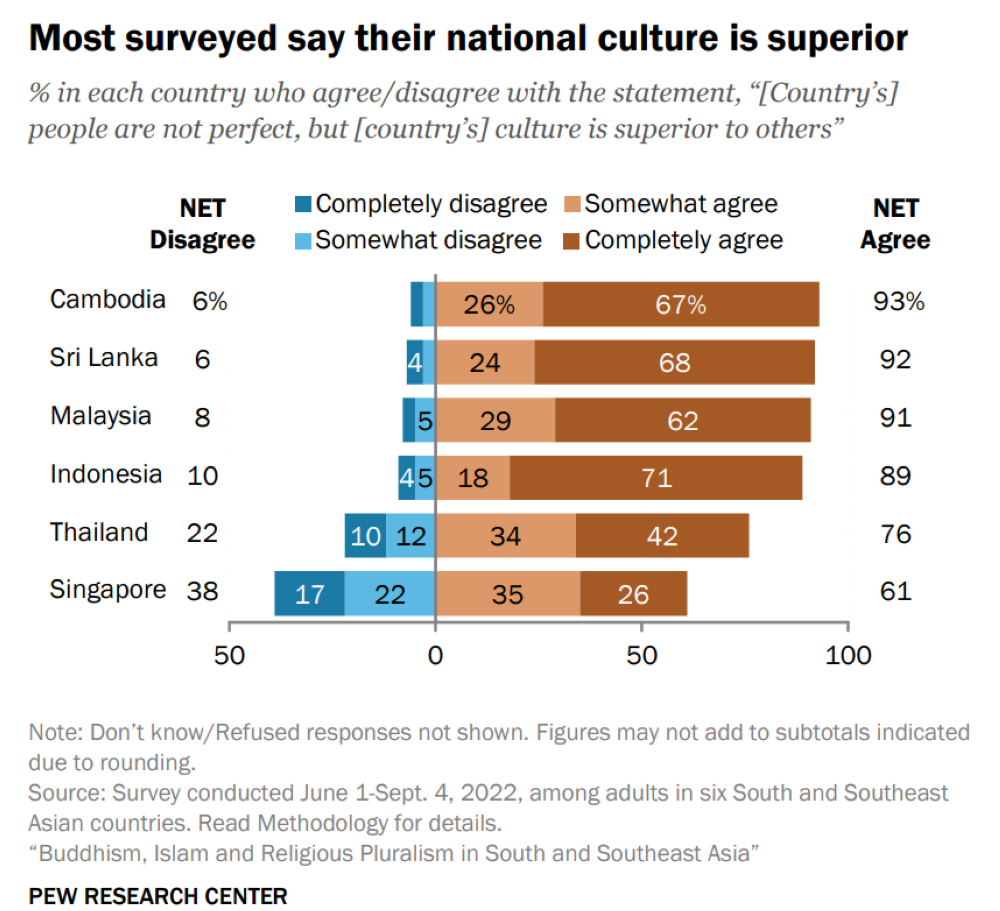
Among other findings in the survey, Malaysia and Sri Lanka had the highest percentage of respondents who said diversity makes their country a better place at 62 per cent each.
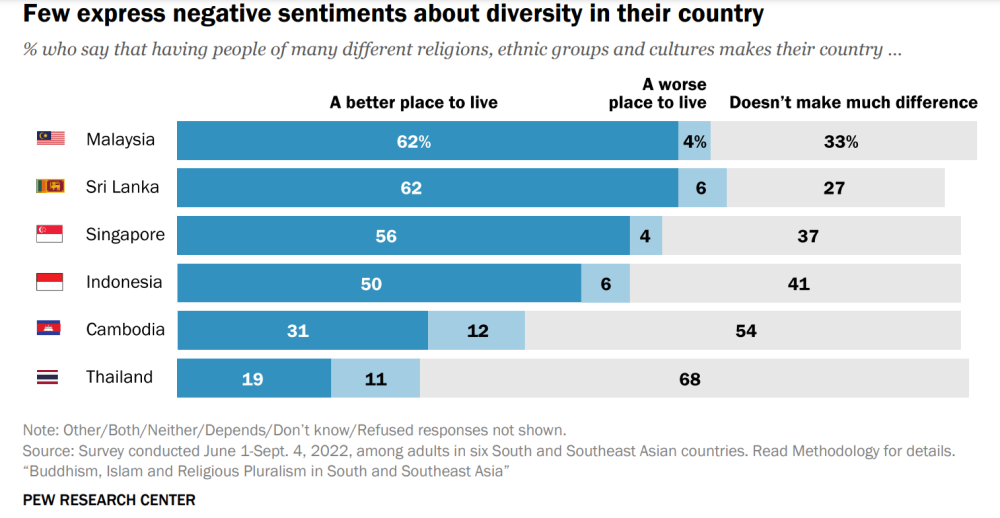
Generally, the survey found that regionally, many people surveyed express a general acceptable or religious diversity and said they would accept followers of other religions as their neighbours, while many in the countries surveyed describe other religions as peaceful.
“And, overall, people in most of the countries surveyed tend to see other religions as compatible with their national culture and values. In Muslim-majority Malaysia, 67 per cent say Buddhism is compatible with Malaysian culture and values,” the report said as an example.
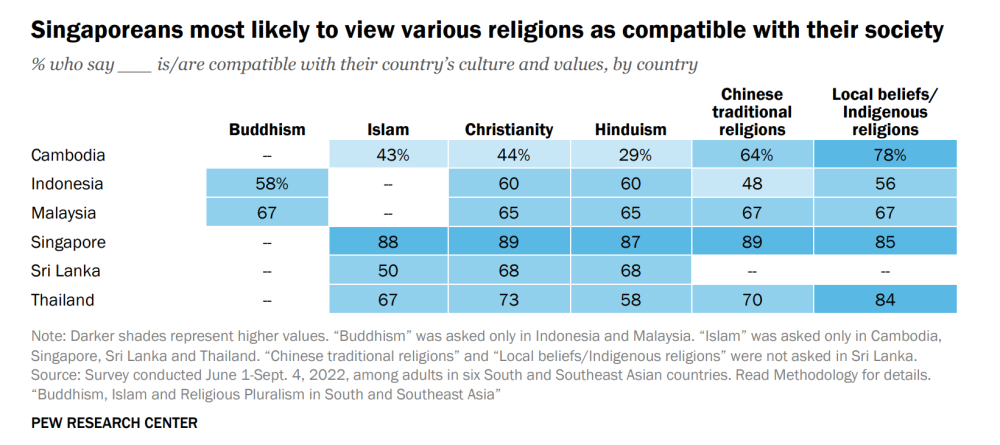
The survey by the US-based non-partisan think tank was carried out in six countries in Asia from June 1 to September 4, 2022, for the report titled “Buddhism, Islam and Religious Pluralism in South and Southeast Asia”, where 13,122 adults were interviewed.
In Malaysia, a total of 1,999 adults were polled through computer-assisted telephone interviewing using mobile phones from June 1 to August 9, 2022 in the languages of Chinese, English and Malay, with a margin of error of 3.0 percentage points.
Out of those, 75 per cent said they were Muslims, followed by Christians (10 per cent), Buddhists (7 per cent), Hindus (5 per cent), while 2 per cent said they have no religion, and 1 per cent said they are followers of Chinese traditional religions (which includes Tao, Confucian, or Chinese local religions).
According to the latest census by the Department of Statistics in 2020, the population is comprised of 63.5 per cent Muslims, followed by Buddhists (18.7 per cent), Christians (9.1 per cent), Hindus (6.1 per cent), and others (2.7 per cent).

